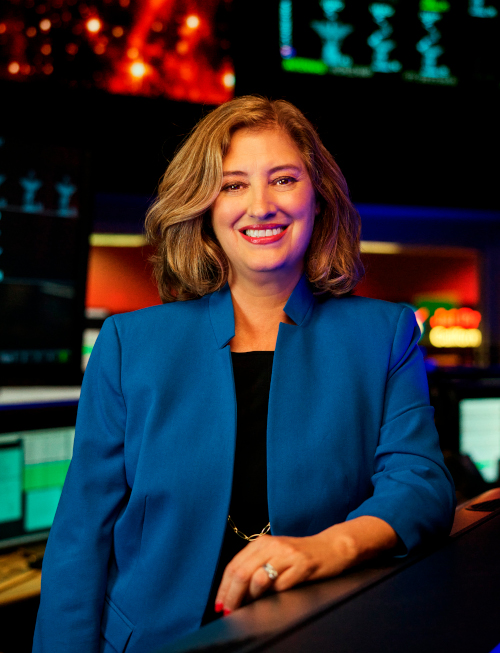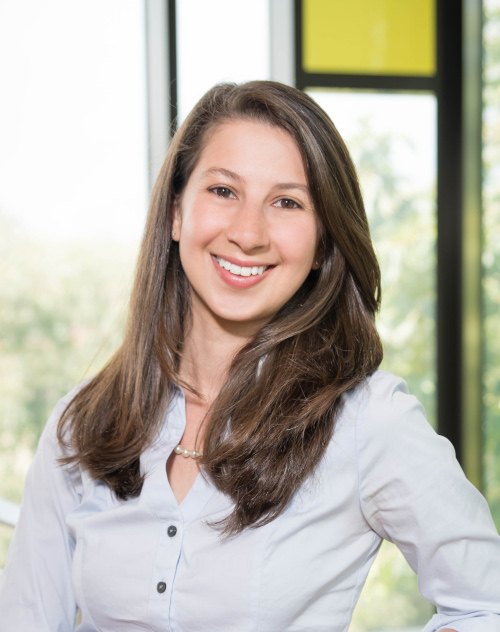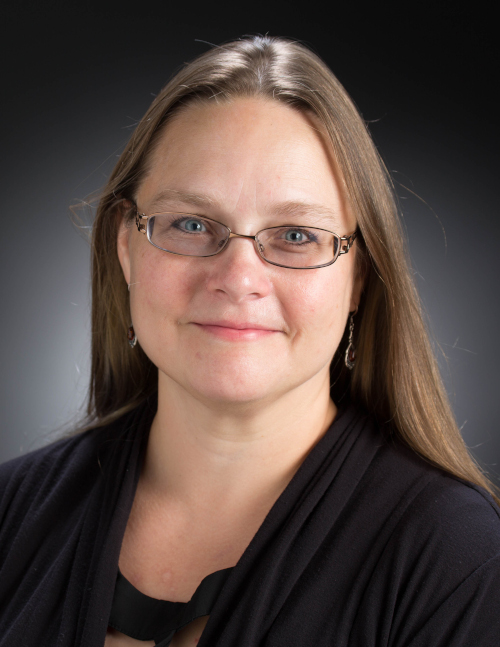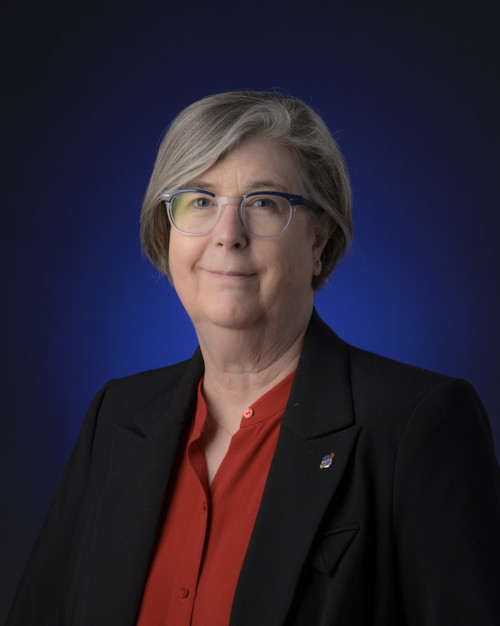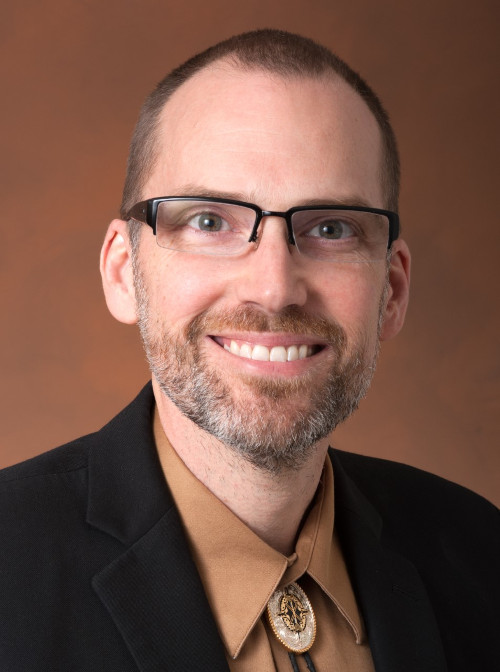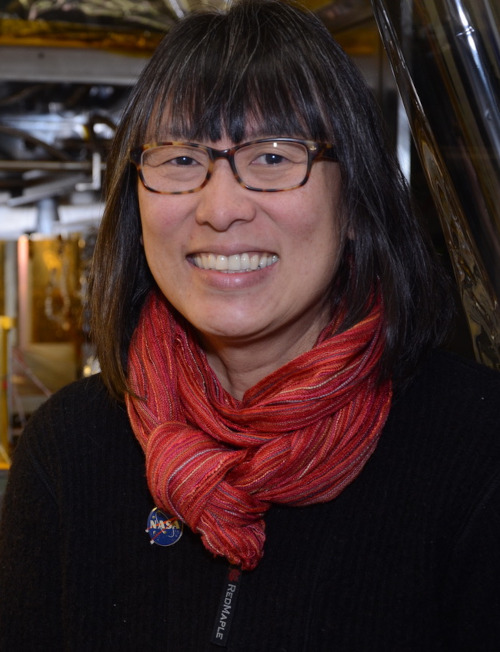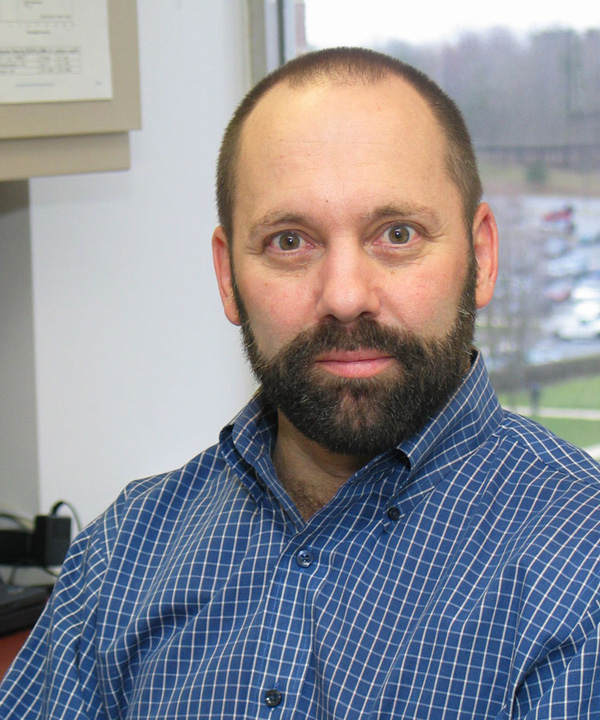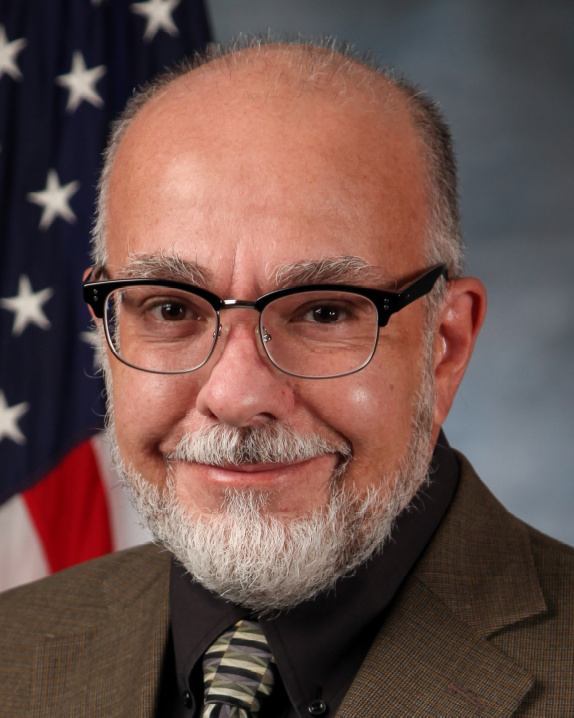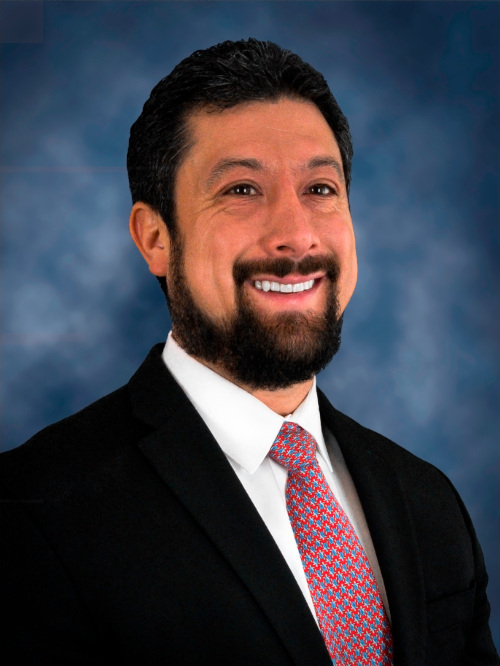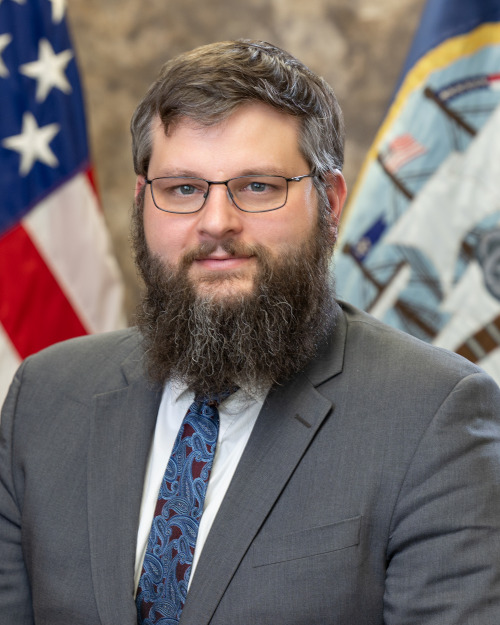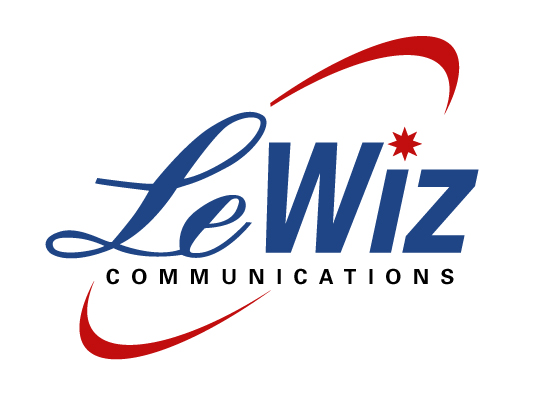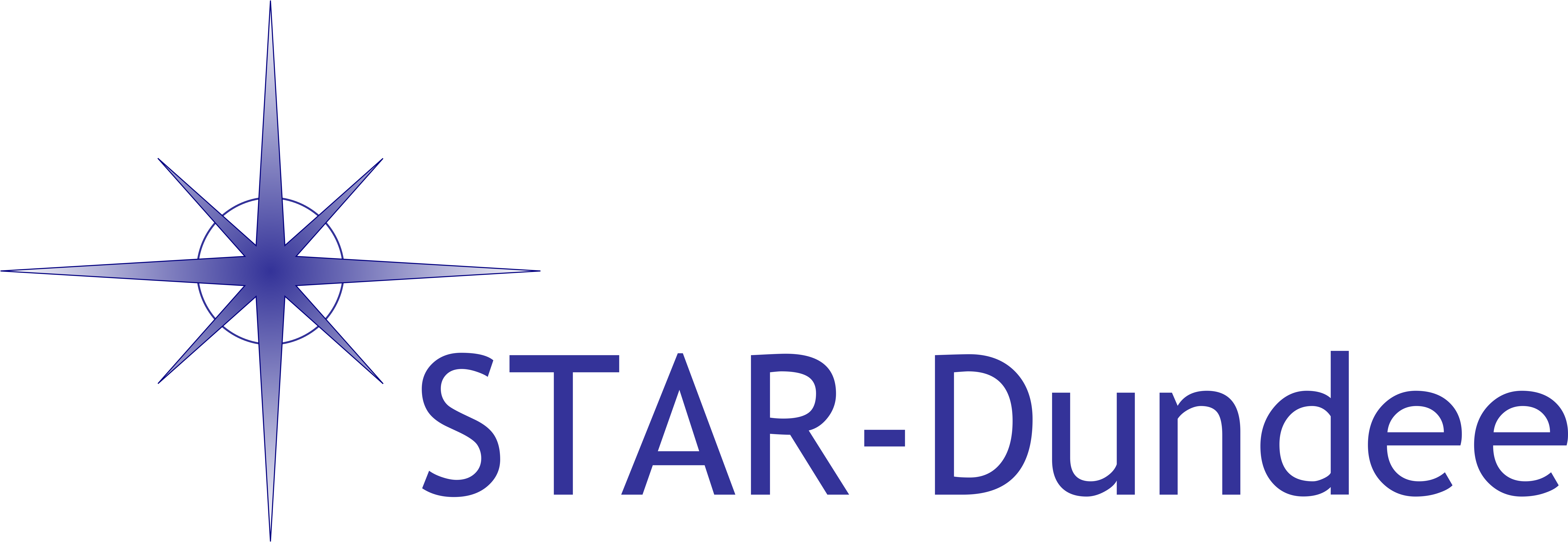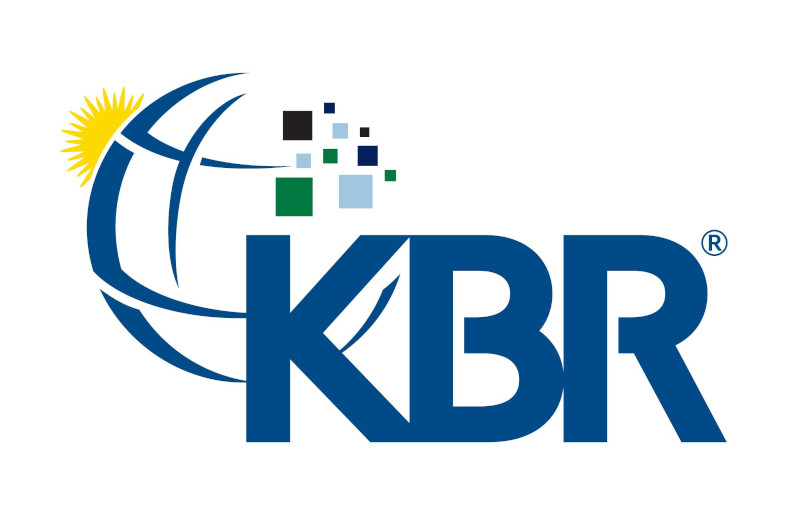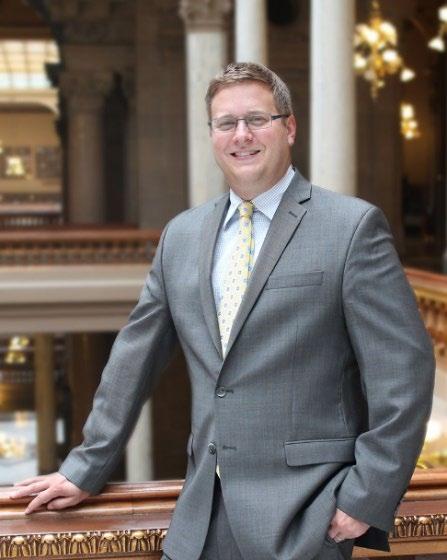
The Honorable Ian Steff
President and CEO
mySilicon Compass
Ian Paul Steff hails from the nexus of technology partnerships, innovation
policy, investment attraction, economic development, and international
trade. He is a veteran executive with significant experience in government
and industry. Mr. Steff is President and CEO of mySilicon Compass, LLC, a
strategic consulting practice that engages clients seeking to navigate the
global semiconductor market, supply chain, policy landscape, workforce and
technology initiatives, and investment climate. Mr. Steff also serves as a
Senior Advisor for Advanced Manufacturing and International Trade at Bose
Public Affairs Group and as Executive Advisor to the Chairman and CEO of
Ross Acquisition Corp II, as publicly listed as ROSS.U on the NYSE.
He most recently served as Assistant Secretary of Commerce for Global
Markets and Director General of the U.S. and Foreign Commercial Service
following his unanimous confirmation by the United States Senate. In this
role, Mr. Steff led a team of 1,400 trade and investment professionals
based in more than 100 U.S. cities and 70 countries focused on export
promotion, advocacy on behalf of U.S. companies competing for foreign
government procurements, investment attraction, and trade barrier removal.
Mr. Steff also served as Deputy Assistant Secretary of Commerce for
Manufacturing. During his time at the Department, the team Mr. Steff led
assisted more than 77,000 U.S. exporters, facilitated $296 billion in U.S.
exports and investment, and supported 1.3 million American jobs, as
reported to the Office of Management and Budget. His team received three
Department Gold Medals for extraordinary performance as presented by the
Secretary of Commerce, including for its foundational work on the
Department's semiconductor efforts with industry and Congress.
Prior to federal government service, Mr. Steff held senior roles in the
administration of then-Governor Pence and Governor Holcomb. He was named
the State of Indiana's first Chief Innovation Officer and was Executive
Vice President of the Indiana Economic Development Corporation where he led
the international investment attraction team and innovation and
entrepreneurship initiatives. Mr. Steff has served as a founding member,
director, or advisor to more than a dozen public-private R&D consortia
involving semiconductors, energy storage, composite materials, autonomous
transportation, nanotechnology, and advanced manufacturing.
He worked for the Semiconductor Industry Association (SIA) for nearly a
decade, serving in a variety of capacities including Vice President of
Global Policy and Technology Partnerships. The SIA, governed by twenty-two
leading U.S. semiconductor CEOs, is a trade association representing chip
companies in the United States. Mr. Steff supported successful technology
partnerships between industry, government, and universities to ensure U.S.
competitiveness in the nanotechnology era, while staffing the SIA's
Technology Strategy Committee comprised of more than twenty chief
technology officers. He oversaw SIA's industry statistics, market analysis,
and economics program, serving as the U.S. appointed executive member for
the World Semiconductor Trade Statistics program. He served as the U.S.
secretariat at the World Semiconductor Council, comprised of leading
companies and associations from Europe, Korea, China, Japan, Taiwan, and
the U.S and was Executive Chairman of the U.S. Information Technology
Office in Beijing. He started his professional career in Washington, D.C.
as a member of the trade staff of the Ways and Means Committee in the U.S.
House of Representatives.
Mr. Steff has served on the Executive Committee of the International
Technology Roadmap on Semiconductors, and on advisory boards at IUPUI,
Purdue University, and Rochester Institute of Technology. He was a member
of the Board of Directors of the Battery Innovation Center and a founding
Board Member of the Institute for Advanced Composites Manufacturing
Innovation. He served as an Executive Advisor to the FlexTech Alliance,
supporting their successful $171 million bid to the Department of Defense
to host a Manufacturing USA institute, now known as NextFlex. Mr. Steff
serves on the inaugural advisory board of the George Scalise Center of
Excellence for Semiconductors at the Purdue Research Foundation. He is a
member of the Nausbaum Society of the Indianapolis Zoo where he serves on
the Board's Public Engagement Committee. Mr. Steff graduated magna cum
laude from American University where he earned a B.A. in International
Studies and was inducted into Phi Beta Kappa and Delta Tau Delta. He
completed graduate work at the National Defense University in Washington,
D.C., and received a M.A. in International Science and Technology Policy
from the George Washington University.
